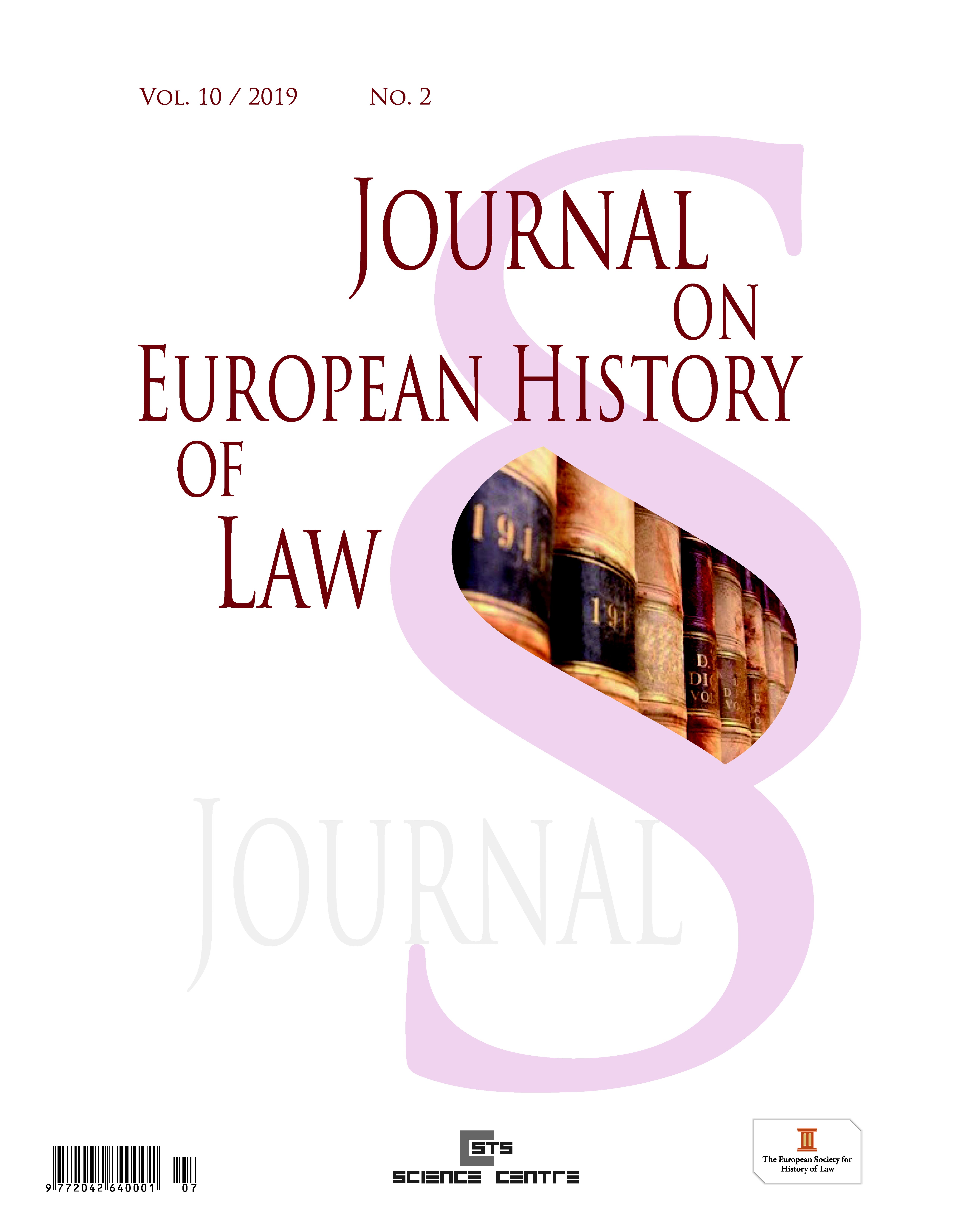The “Protector de Indios” in Early Modern Age America
The “Protector de Indios” in Early Modern Age America
Author(s): István SzászdiSubject(s): History, Law, Constitution, Jurisprudence
Published by: STS Science Centre Ltd
Keywords: Protector of Indians; Fray Bartolomé de las Casas; protection of the American Indians; Laws of Burgos; Royal Courthouses; Dessiderius Erasmus of Rotterdam; Sir Thomas More; Luis Vives; encomienda
Summary/Abstract: After the Discovery of America, the legal Rights of the native Indians were in issue in the Kingdom of Castile. In the universities of Salamanca and Valladolid, as in its most important colleges the obligations of the Spanish Crown with the defendless Indians was discussed, meanwhile their survival was in task. The Dominican friar Bartolomé de las Casas was the first Protector de Indios appointed by the Spanish Crown to spare the natives from the violence of the conquistadors. Almost five hundred years ago, while Spain´s deadly enemies developed the Black Legend related with the Spanish conquest of the New World, Spanish Colonial Justice introduced a medieval institution, with Roman origins, dedicated to the poor and outcast of society. Its introduction in Spanish America was because of King Philip II who in a Real Cédula dated January 10th, 1589, ordered that where there had been in the past Protectores in the West Indies should be rectitude and named in his behalf where large numbers of Indian population existed – such like in the mining regions of Peru or Mexico. Their mission was to watch, represent and defend the rights of the most needy, the Indians. The Protectores had tax power, had as well the right of taking judicial declarations and of giving legality to Indian testaments. They could take note of the last will of the Indian vassals with two witnesses. They almost had the category of oidores, that is of judges members of Royal Courts, called in Spanish Reales Audiencias. A Real Cédula of August 20, 1620 ruled out that all the Protectores had to be lawyers – letrados – with a certain experience. The institution proved to be efficient.
Journal: Journal on European History of Law
- Issue Year: 10/2019
- Issue No: 2
- Page Range: 61-67
- Page Count: 7
- Language: English
- Content File-PDF

